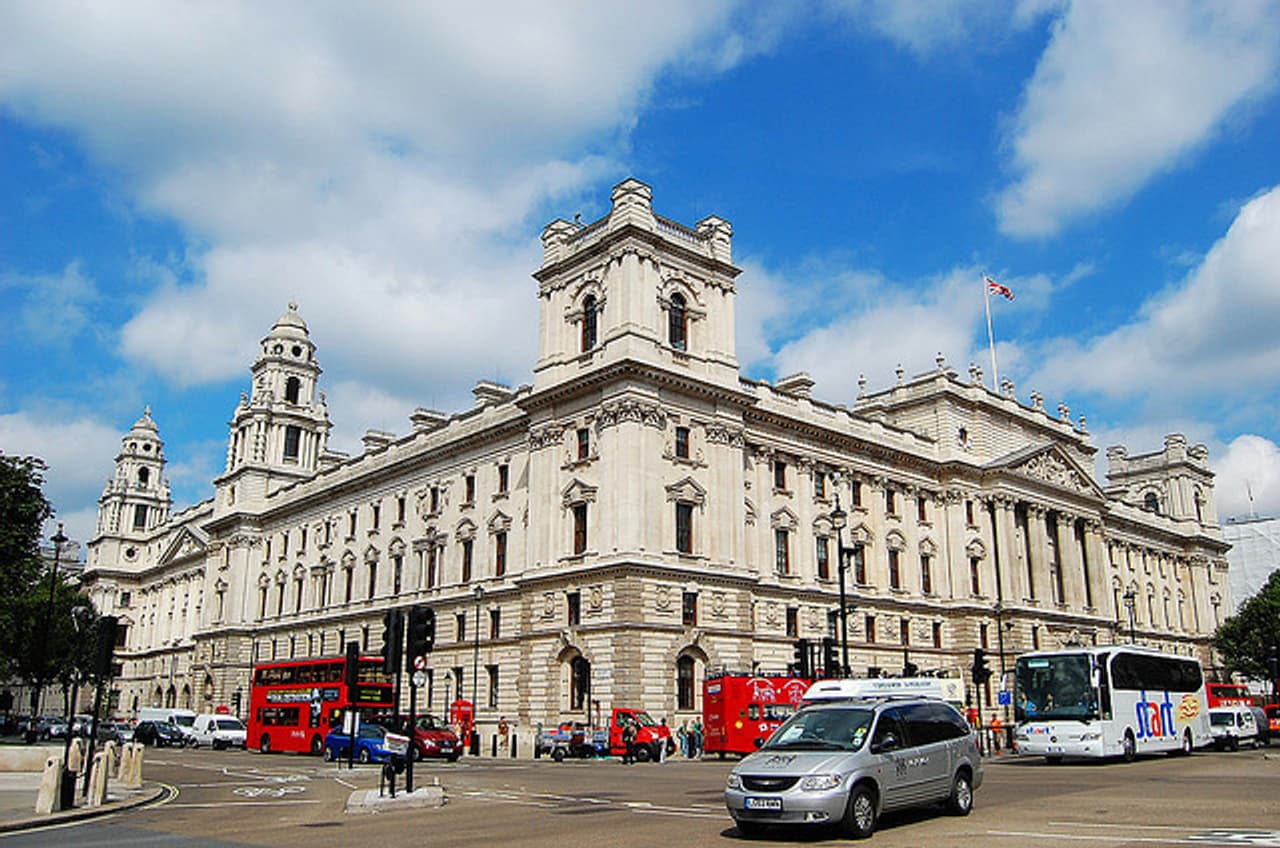
Analysis: Why are BCCI fraudsters being protected?
Why is the Treasury refusing to release the names of the architects of one of the biggest frauds in banking history?
We may be about to find out – thanks to an academic who has fought tirelessly for five years, through several self-funded court battles.
Prem Sikka’s quest for the full version of a PricewaterhouseCoopers report into the Bank of Credit and Commerce International (BCCI) started in 2006 as part of a wider investigation into banking failures.
‘The Bank has now returned as regulator of the UK financial institutions, can it really be trusted to come clean to parliament or the public? What else has it concealed?’
Professor Sikka
The Bank of England – then the banking regulator – had relied on the report to justify ordering BCCI to close down its UK activities. That led BCCI to collapse owing creditors around the world around US$10 bn.
Fictitious transactions
Most of the report was already public in the US – though not in the UK. The auditors described ‘an enormous and complex web of fictitious transactions.’ But crucial sections of their report were missing.
Professor Sikka, a professor of accounting at the University of Essex, used the Freedom of Information Act to ask the Treasury to release the missing information. It refused, saying that the names of key BCCI employees, brokers who handled BCCI profits and other individuals, were exempt from disclosure under data protection laws.
The professor appealed to the Information Commissioner, which ruled that the redacted parts could ‘prejudice relations between the UK and another country’ and denied his request.
The persistent academic challenged this ruling, without the benefit of legal advice. A judge allowed his appeal even though he had lodged it outside the permitted time limits and on 11 July 2011 three judges unanimously ordered the government to publish most of the missing sections.
‘We were surprised to see that the Treasury sought to extend the protection of the data protection principles to information about some individuals who exercised ultimate control over the whole of BCCI’s operations and were the architects of a group-wide programme of fraud and concealment,’ said the judges. ‘Not to mention the creation of a culture that led others with positions of responsibility within the bank to follow their lead.’
Appeal decision due
The government was given 35 days to appeal the decision, and that time limit is about to expire.
Professor Sikka said the episode ‘raises serious questions about the regulatory role of the Bank of England’, as well as questions about why the government is protecting wrong-doers.
‘The Bank has now returned as regulator of the UK financial institutions,’ said the professor. ‘Can it really be trusted to come clean to parliament or the public? What else has it concealed?’
This one of a series of articles by the Bureau on FOI and transparency in public life.




